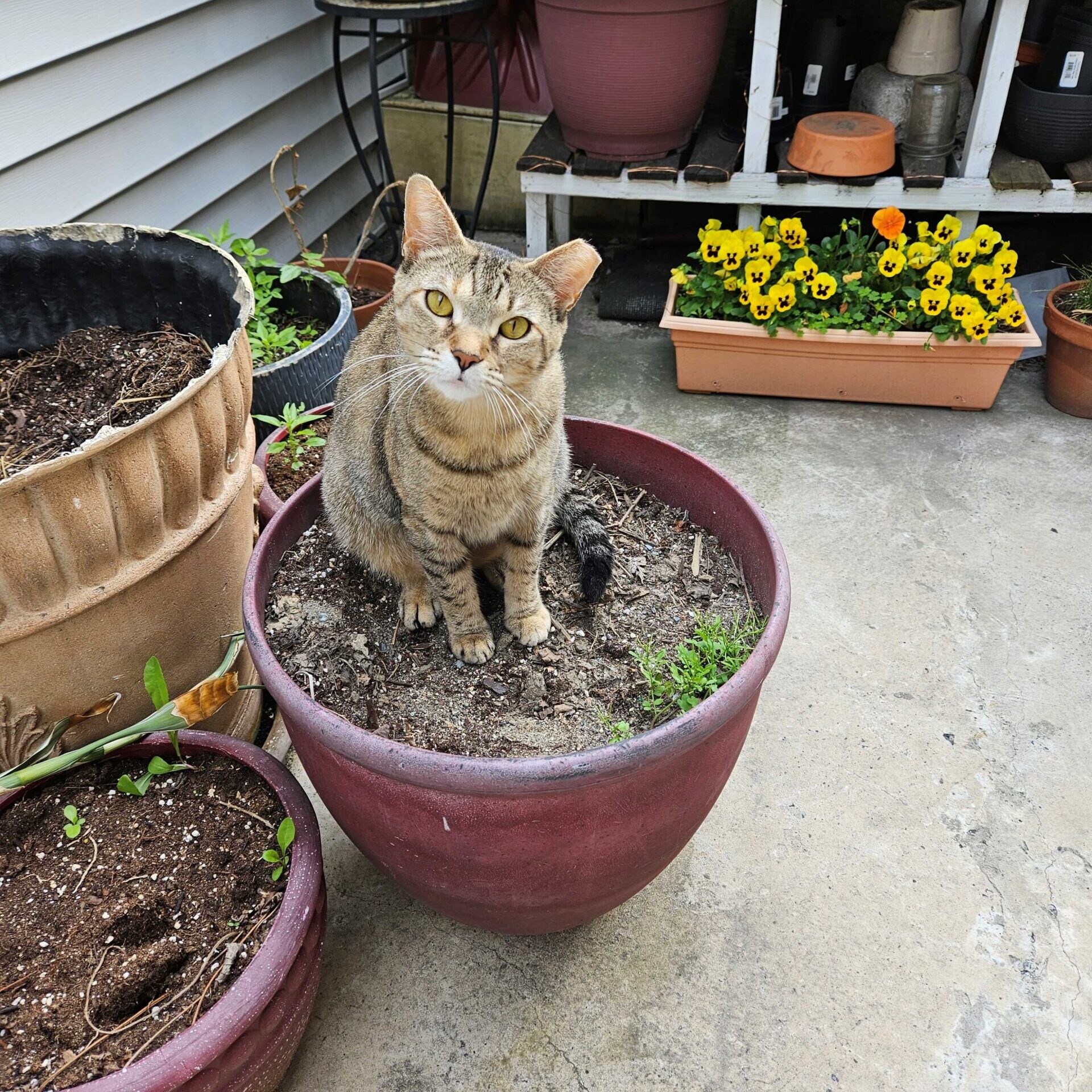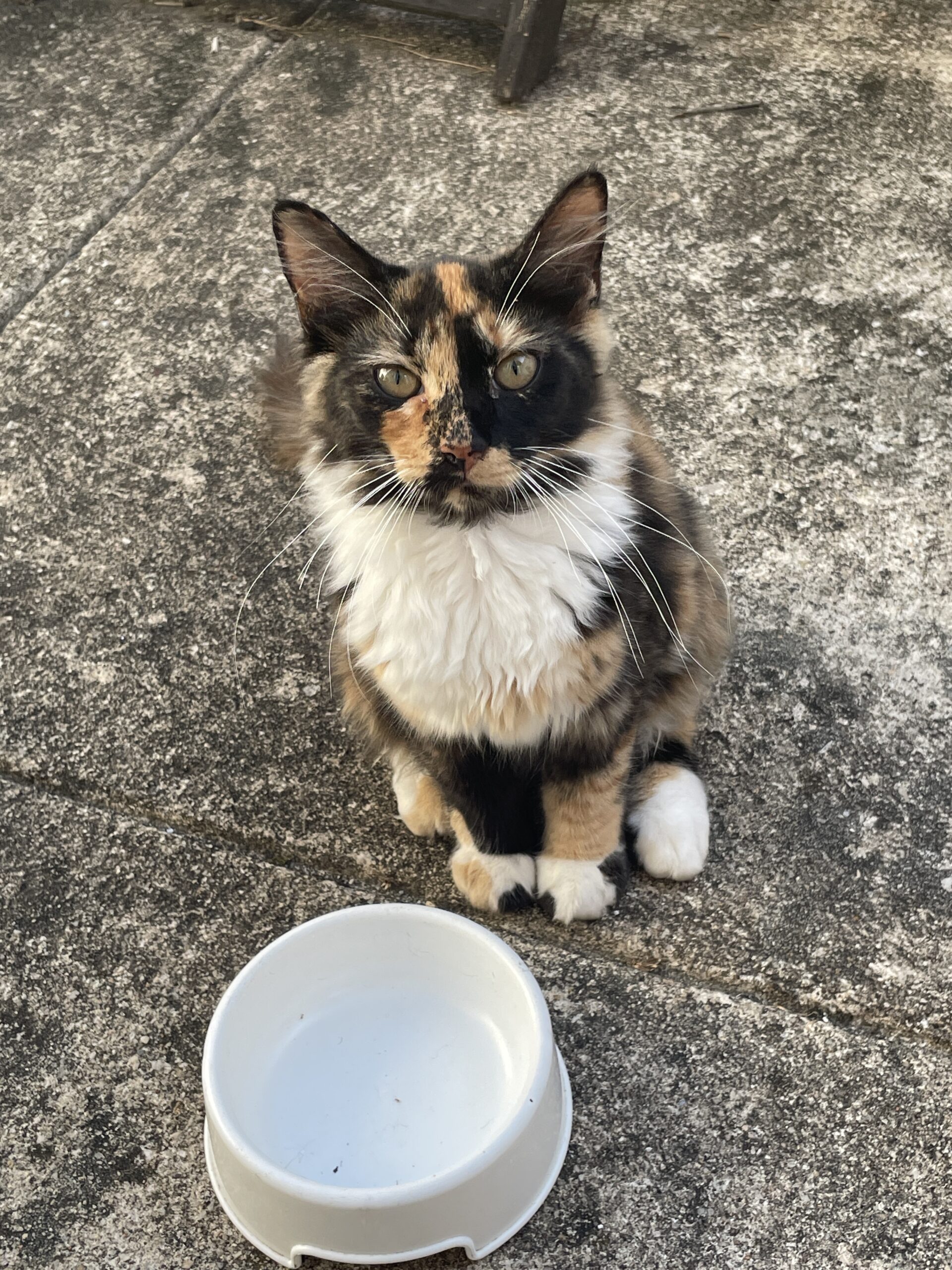It is estimated that there are 400,000 stray and feral cats in Philadelphia. Trap-Neuter-Return (TNR) creates a healthier environment for these community cats — and for residents.
The term “community cats” refers to undomesticated, feral, or friendly strays. With committed caregivers, many community cats live happy and healthy lives outdoors. Trap-neuter-return (TNR) is the practice of humanely trapping community cats, bringing them to a veterinarian to be spayed/neutered, vaccinated, and ear-tipped (the universal sign that a community cat has been fixed and vaccinated), and then returned to their outdoor home/colony.
TNR is widely recognized as the most effective and compassionate way to manage community cat populations. It protects their health and wellbeing and decreases nuisance behaviors. Of course, preventing the birth of stray and unwanted litters also reduces the homeless pet population, which is vital to our goal of making Philadelphia a no-kill city.






